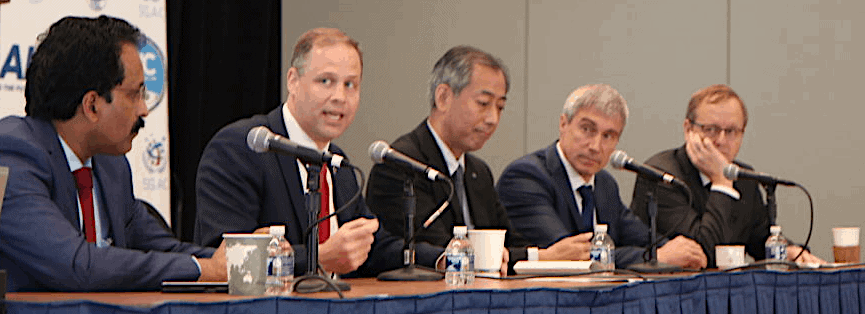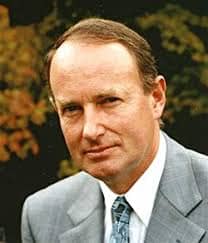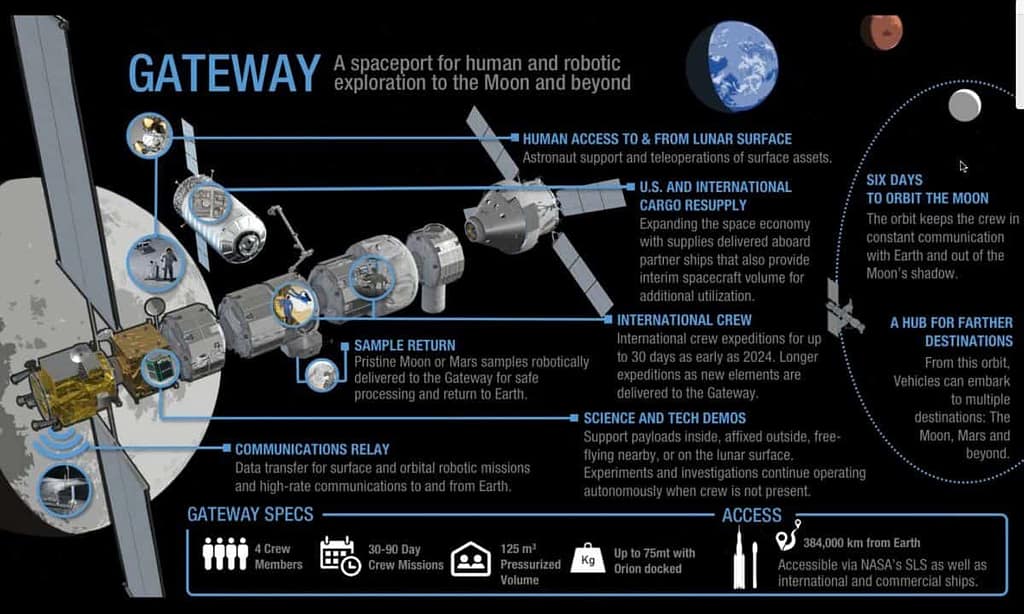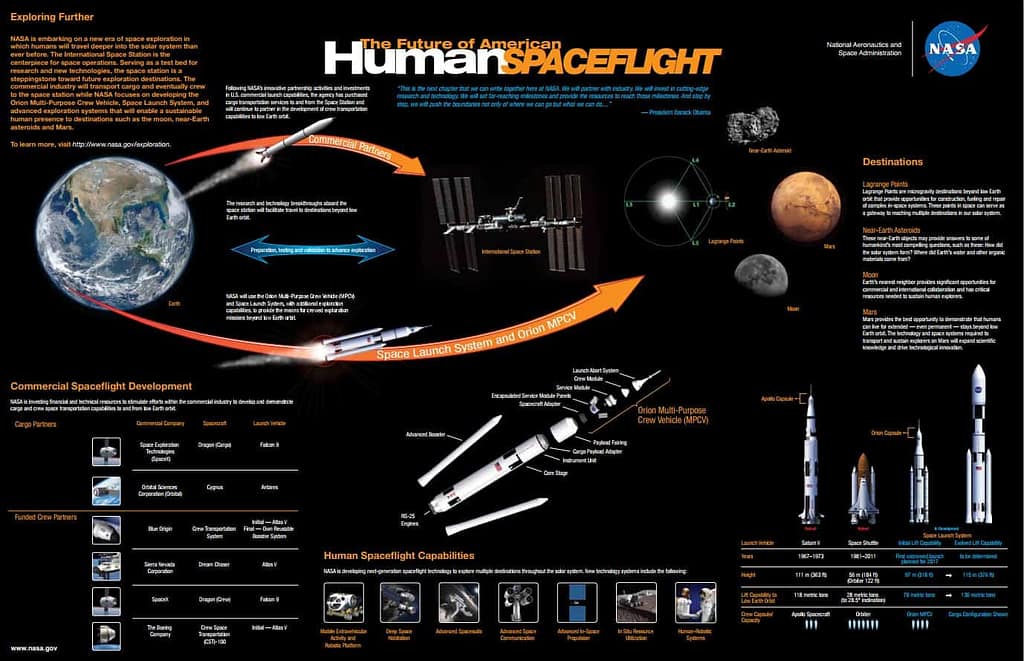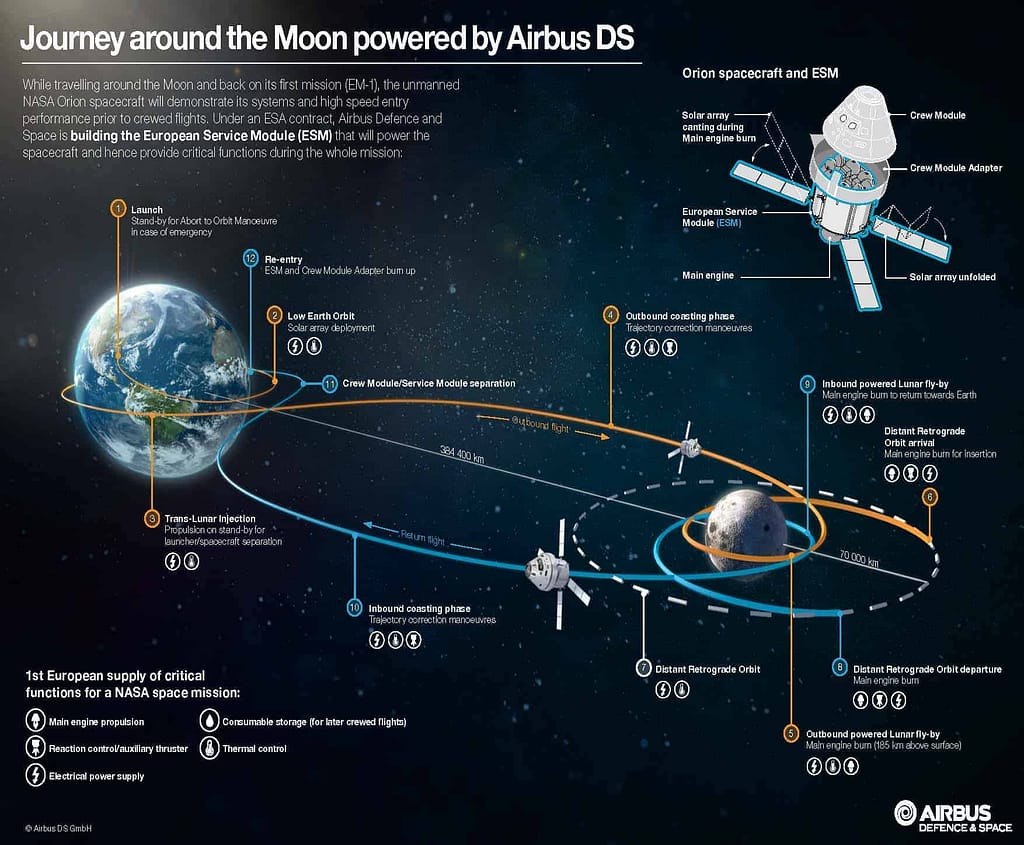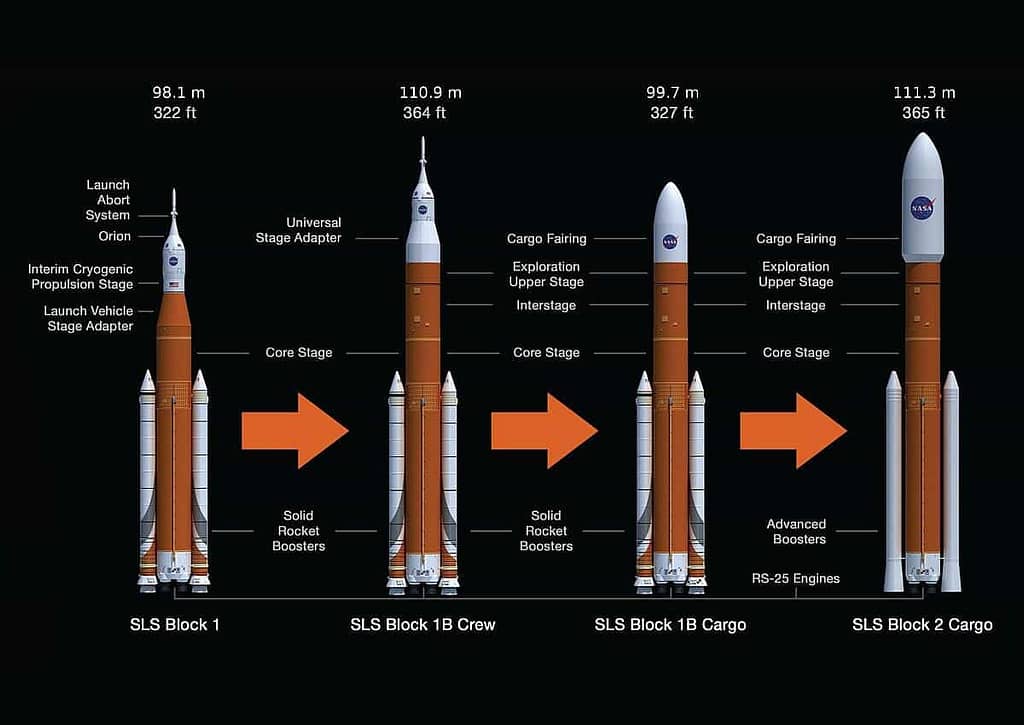
On Thursday, 3rd January 2019, some water was added to some seeds in a tiny greenhouse. The seeds, cotton, potato, Rape and Arabidopsis sprouted.
Experiments like this have been conducted many times before. What was special about this one was that it was done on the surface of the Moon.
The guest on this episode is Professor Xie Gengxin from Chongqing University in central China. He was the Chief Designer of this Bio experiment carried to the Moon on Chang’e 4 in January 2019. The interview was recorded in Milan during the International Astronautical Congress 2024.
In summary
- The Chang’e 4 lunar mission by China landed on the far side of the moon and conducted a unique biological experiment involving cotton, potato, rape, and Arabidopsis seeds, along with fruit fly eggs and yeast, within a small, sealed greenhouse.
- The primary goal of the experiment was to determine if plants could germinate and grow on the moon despite the lower gravity, lack of atmosphere, intense sunlight and radiation, and extreme temperature variations.
- Cotton seeds successfully germinated 22 hours after water was added, marking the first instance of plant growth on the moon. These lunar seedlings grew faster than their counterparts in a control experiment on Earth and showed surprising resilience to the cold lunar night.
- The experiment’s design included features like passive insulation, active temperature control, a small window for natural sunlight, and anti-fogging technology for the cameras monitoring the growth.
- The findings suggest that lower gravity and higher radiation might have aided plant growth, and the experiment provided valuable insights and led to the development of technologies relevant to future space-based agriculture and the establishment of lunar habitats.
- This biological experiment is considered a significant step in China’s lunar exploration program, which includes plans for a future lunar base (the International Lunar Research Station) and further research into creating sustainable ecosystems in space, potentially within lunar lava tubes.
